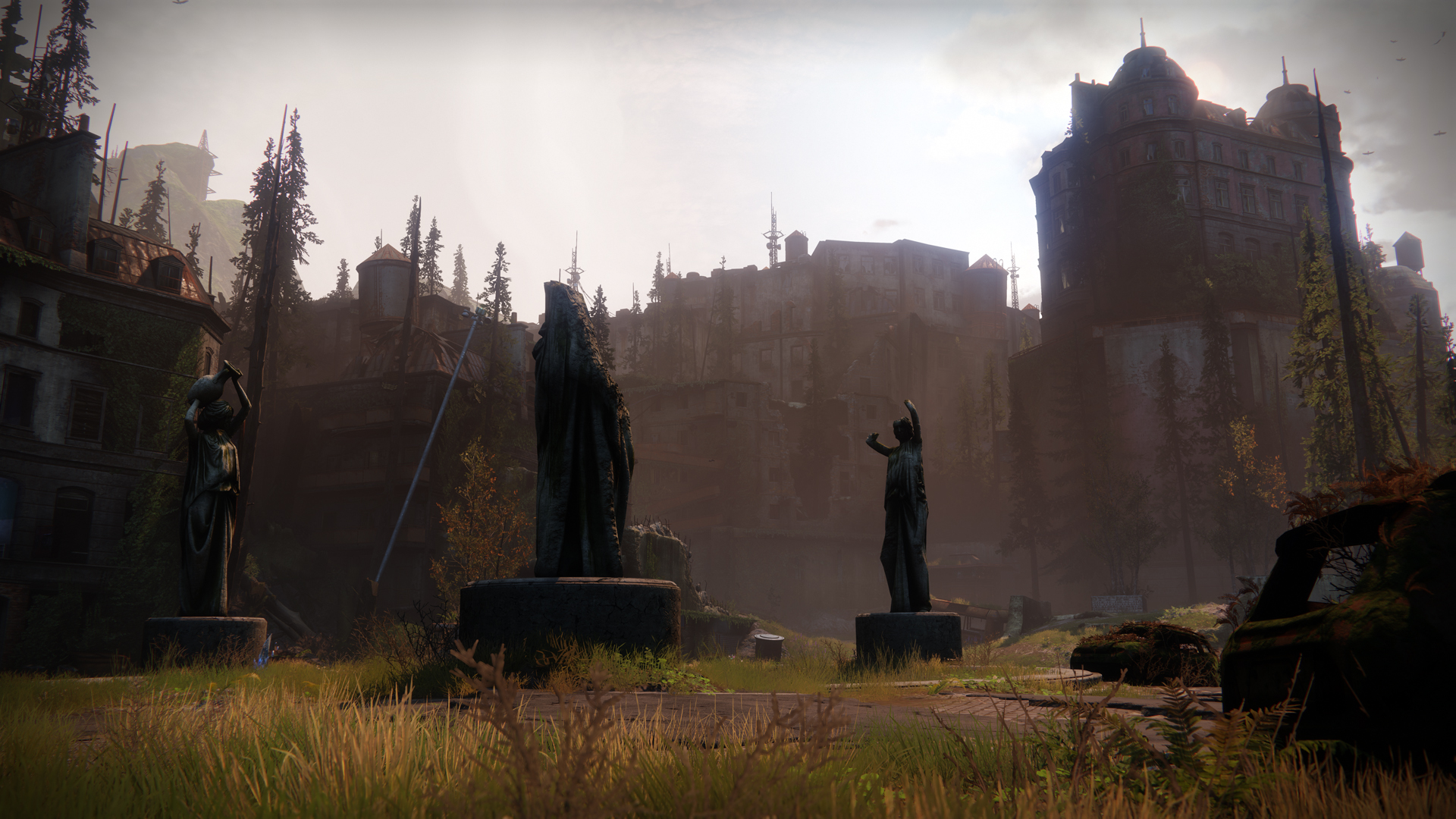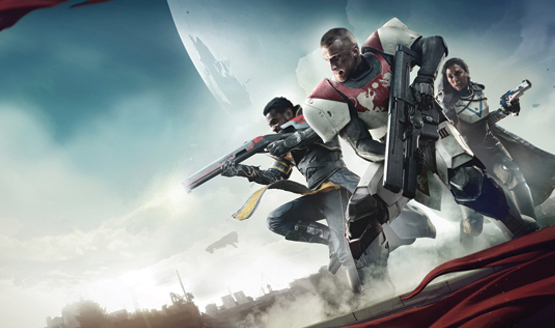Much like its predecessor before it, Destiny 2 has already proven fairly divisive among PSLS staffers. Late last month, Activision and Bungie hosted an open Beta for its shared-world sequel, and it’s fair to say that online opinion was split. Coming out of the Crucible, Tyler Treese and Chandler Wood, PlayStation LifeStyle’s recognized authority on all things Destiny, found themselves on opposite sides of the spectrum.
Tyler, a lapsed Guardian, walked away from July’s phase of testing with decidedly mixed feelings. Destiny 2 simply feels too familiar, he argued, and any incremental changes that have been made since the first game feel on par with The Taken King expansion. Meanwhile, Chandler criticized the sequel’s Beta as a poor showcase of the fundamental gear grind, before pointing out that the Destiny 2 of 2020 will be vastly different to the one that launches on September 5—a salient point, too, considering the evolution of Bungie’s shooter from vanilla Destiny to the fine-tuned shooter Guardians now know and love.
A Clean Slate
Me? I’m a lapsed fan. I picked up Bungie’s original shooter on day one and spent close to 25 hours blasting alien canon fodder to kingdom come. Destiny is a joy to play largely thanks to its water-tight controls, and I, like so many others before me, am now looking toward its sequel as a fresh start. The slate has been wiped clean, and Bungie is ready to swing its doors open to welcome veterans, new players, and lapsed fans into its midst.
Yes, Destiny 2 is now teetering on the verge of release, and to ensure you’re fully up to speed, we’ve comprised something of a newcomer’s guide for Bungie’s bold second chapter. And make no mistake, this is a ballsy sequel.
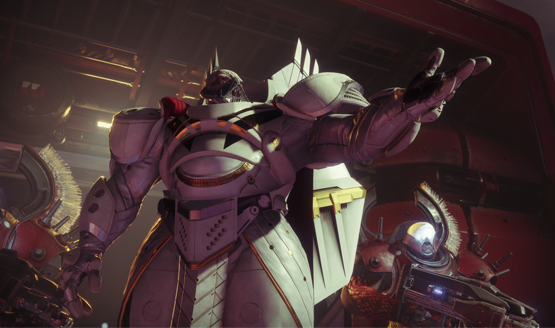
Let’s begin at the beginning, shall we? Presented with the somewhat tricky situation of attracting new players into an online community that’s fast approaching its 3rd birthday, the creative minds at Bungie opted for the hard reset when crafting Destiny 2—albeit with one caveat. This hard reset in question, one which strips Guardians of their light, powers, Eververse items, and abilities, has been elegantly woven into the sequel’s story in the form of Dominus Ghaul, a calculating Cabal warlord who lays siege to humanity’s homeworld on the belief that he and his minions (the Red Legion) are worthy of the Traveler’s ancient power.
Story 101
Ghaul’s invasion effectively reduces the Tower to flames and rubble, and it’s here where our story begins. It’s arguably one of the most frequently cited complaints among players; for all of Destiny‘s world-building and spectacle, the narrative underpinning this most ambitious of shared-world shooters arguably fell short, crippled by shoddy writing (in the beginning, at least) and inexplicably siphoned off via Grimoire cards.
All of that changes with the arrival of Destiny 2. No longer will you have to keep Bungie’s website open to gather intel on your fallen enemies; the shooter’s characters will relay pertinent story information within Adventures and scannable items peppered throughout the environment—not unlike those lost Datapoints of Horizon Zero Dawn.
Ghaul, meanwhile, is the mega-villain Destiny 2 has always needed. In fact, as Game Director Luke Smith told The Guardian, the thinking behind Ghaul was to give evil a face. And it’s an ugly one at that.
We’ve tried to ground loss in the narrative, and give you a face to hate. That face in Destiny 2 is Dominus Ghaul. From there, we get to a place where we have to go out into the wild, find new guns and new armour and become more powerful again. We enter this recovery journey.
Brave New World(s)
While mounting an assault on Ghaul as part of the Red War campaign, Destiny 2 will have you explore four primary locations: Earth, Io, Titan, and Nessus, with the premiere battleground being situated in the fabled European Dead Zone. It’s the largest in-game area Bungie has ever built, replete with patrol missions and a new vendor (Devrim Kay). It’s also big enough to host the Guardians and their seemingly eternal struggle against the Darkness, a four-pronged adversary that came to power shortly after humanity’s Golden Age.
Firm details on the Red War campaign are being kept locked away in the Bungie vaults, but with the promise of Adventures (Re: side-missions) and plenty of loot, we assume it’ll largely center on the Guardians as they rise up against Ghaul, regain their light, and ultimately take back control of their rightful home before it’s reduced to a pile of ashes. Buckle up, folks, we’re in it for the long haul.
The Supporting Players
And it’s on that spacefaring adventure that you’ll encounter a handful of colorful characters, including Cayde-6 (Gunslinger/Wildcard), Hawthorne, Commander Zavala, Ikora, and of course, the power-hungry Ghaul. It’s a cracking supporting cast by anyone’s standards, which brings us to…
Reworked Classes
At the crux of Destiny 2 is the three playable classes: Warlock, Titan, and Hunter. Each archetype is ostensibly the same as you remember from the first game, albeit with a slight twist. Rather than introducing entirely new classes, all three have received a new subclass—Titan Striker, Warlock Dawnblade, and Hunter Gunslinger—allowing players to personalize their Guardian as they deem fit.
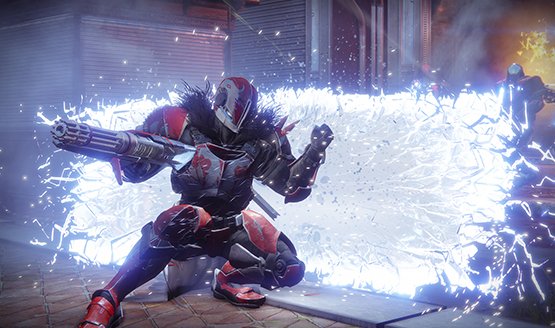
Supers are back, too, and they’re still the silver bullet lining your arsenal. For instance, the Titan Sentinel, which supplants Titan Defender, comes packing a Void Light shield that allows players to attack, block, and even hurl the shimmering object at nearby enemies a la Captain America. Hunters and Warlocks boast eye-catching abilities of their own, but we’ll refrain from divulging too much in fear of spoiling the surprise.
PvP
When it comes to the Crucible, the competitive multiplayer arena of Bungie’s space shooter, Destiny 2 will herald some format changes and a brand new mode in the form of Countdown. Not only that, but all game modes in the Crucible will center on 4v4 permutations, as opposed to the 6v6 battles of old. It is Bungie’s way of fostering a tighter and more streamlined PvP experience, while Countdown has been pitched as a round-based mode that divides Guardians into two teams: one attacking and one defending. Once you die, that’s it until the round ends or a teammate revives you.
If you’re more inclined to stick with the tried-and-tested classics, you’ll be pleased to note that Destiny 2’s PvP mode also plays host to Control, Survival, and Trials. And yes, the HUD has been tweaked ever so slightly so that you’re now able to see when an opponent’s Super is ready. Score!
Crucial Changes
In closing, we’ll leave you with some of the lesser-known, yet crucial facets of Destiny 2. At the top is Guided Games. Essentially, it’s a slightly new means of matchmaking for those who wish to partake in endgame content, and it encourages both clans and solo players to work in harmony. By doing so, the GG system will consciously pair clans in need of one or two more players with those lone Guardians who simply want to enjoy a Raid, rather than tossing six strangers into the one cauldron. The hope is that Guided Games will help foster the one thing that has arguably kept Destiny relevant: community.
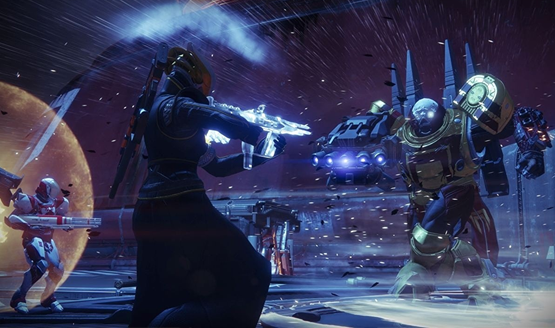
The weapons system has also been overhauled so that a player’s armaments are split between kinetic, energy, and power as opposed to the old-fashioned primary, secondary, and heavy. This in turn has a marked effect on the multiplayer combat, with Beta participants already reporting a more strategic feel to Destiny 2’s gunplay. How exactly this holds up once the inevitable balancing changes begin rolling out remains to be seen, but with Destiny, that’s really all part of the fun.
Destiny 2 makes a beeline for PS4 and Xbox One on September 5. A PC release will follow on October 24. If it’s more coverage you’re after, look no further than PSLS’ dedicated hub page.
Destiny 2 EDZ Screenshots
-
Destiny 2 EDZ Screenshots #1
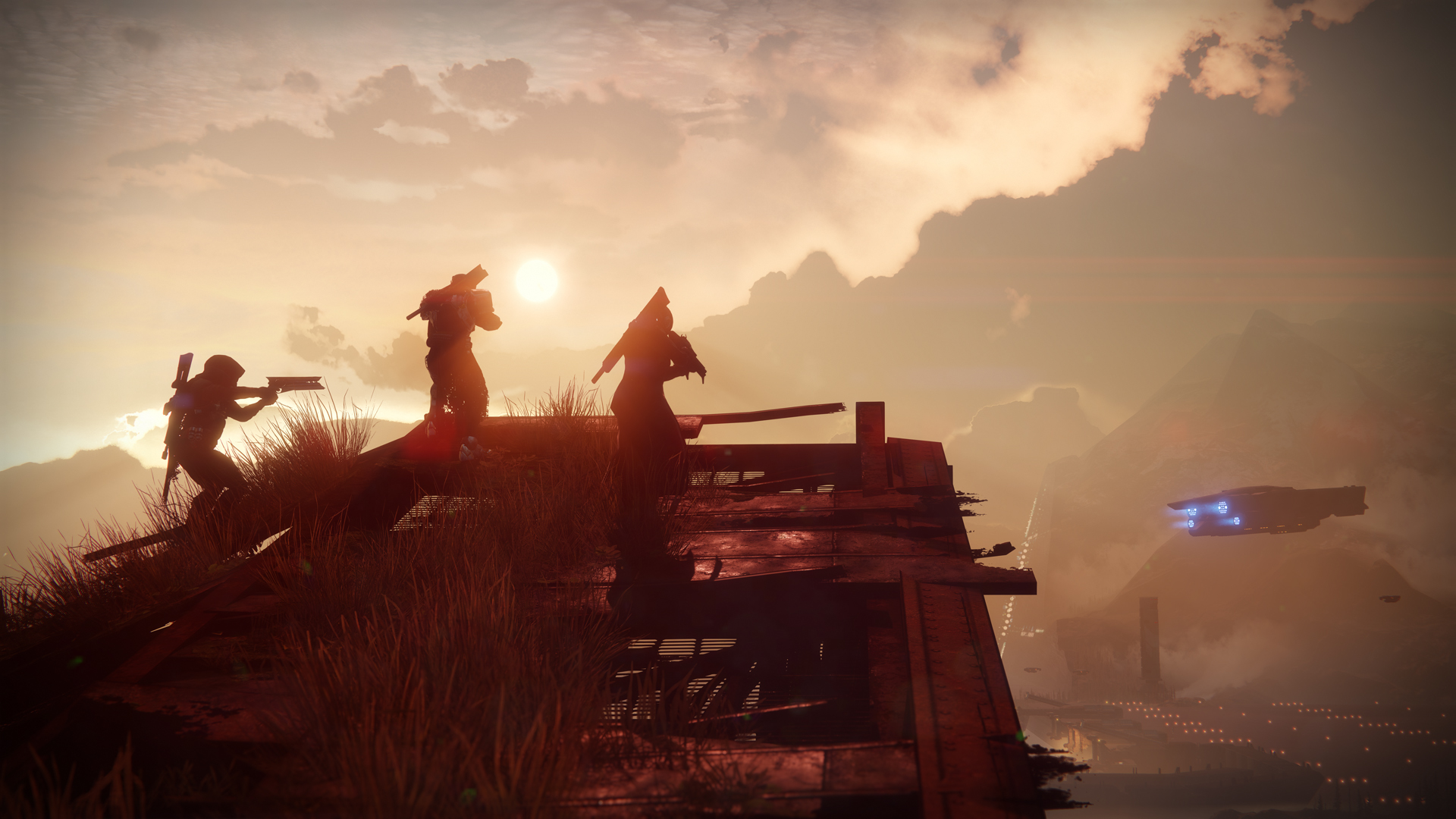
-
Destiny 2 EDZ Screenshots #2
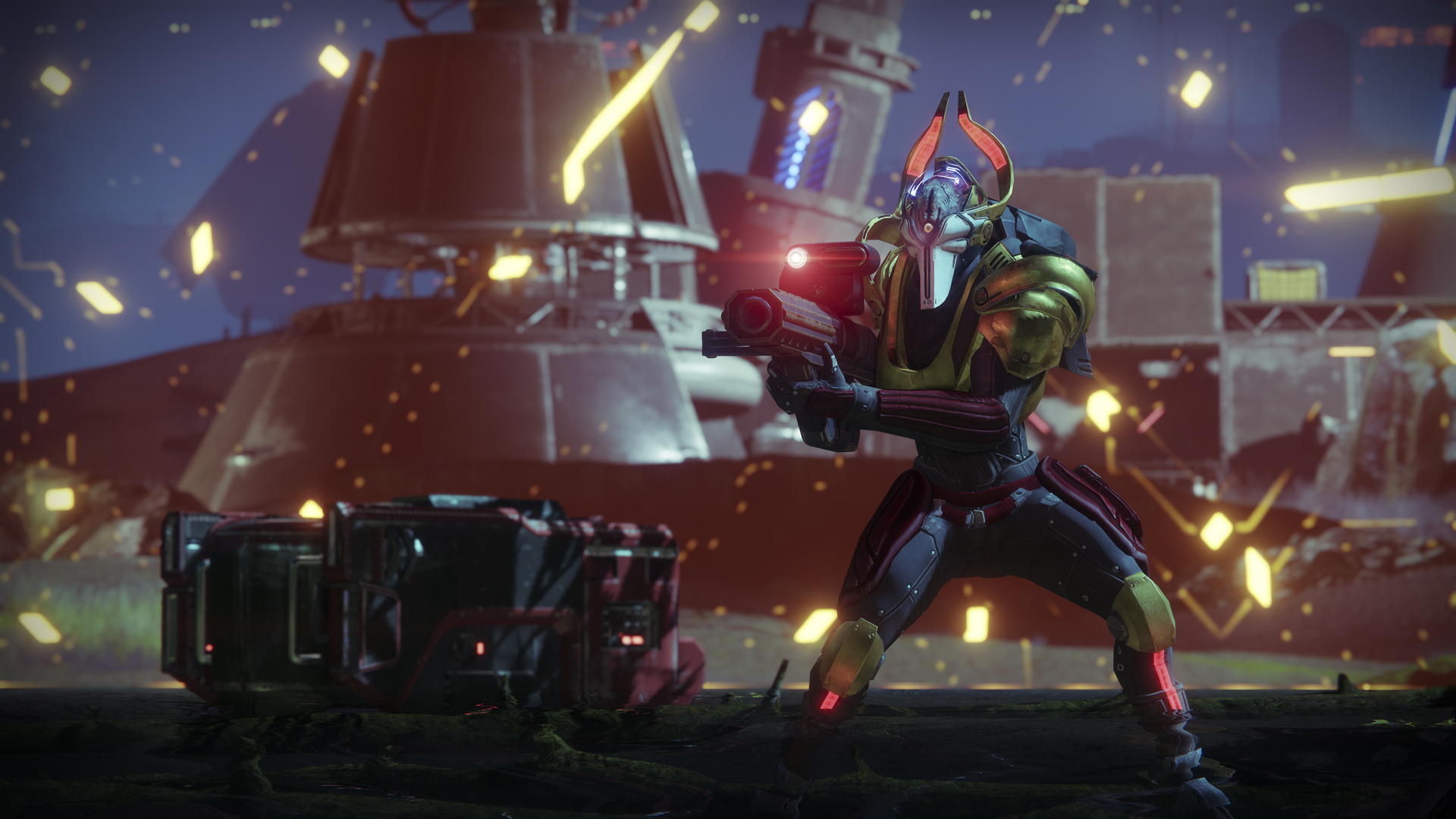
-
Destiny 2 EDZ Screenshots #3
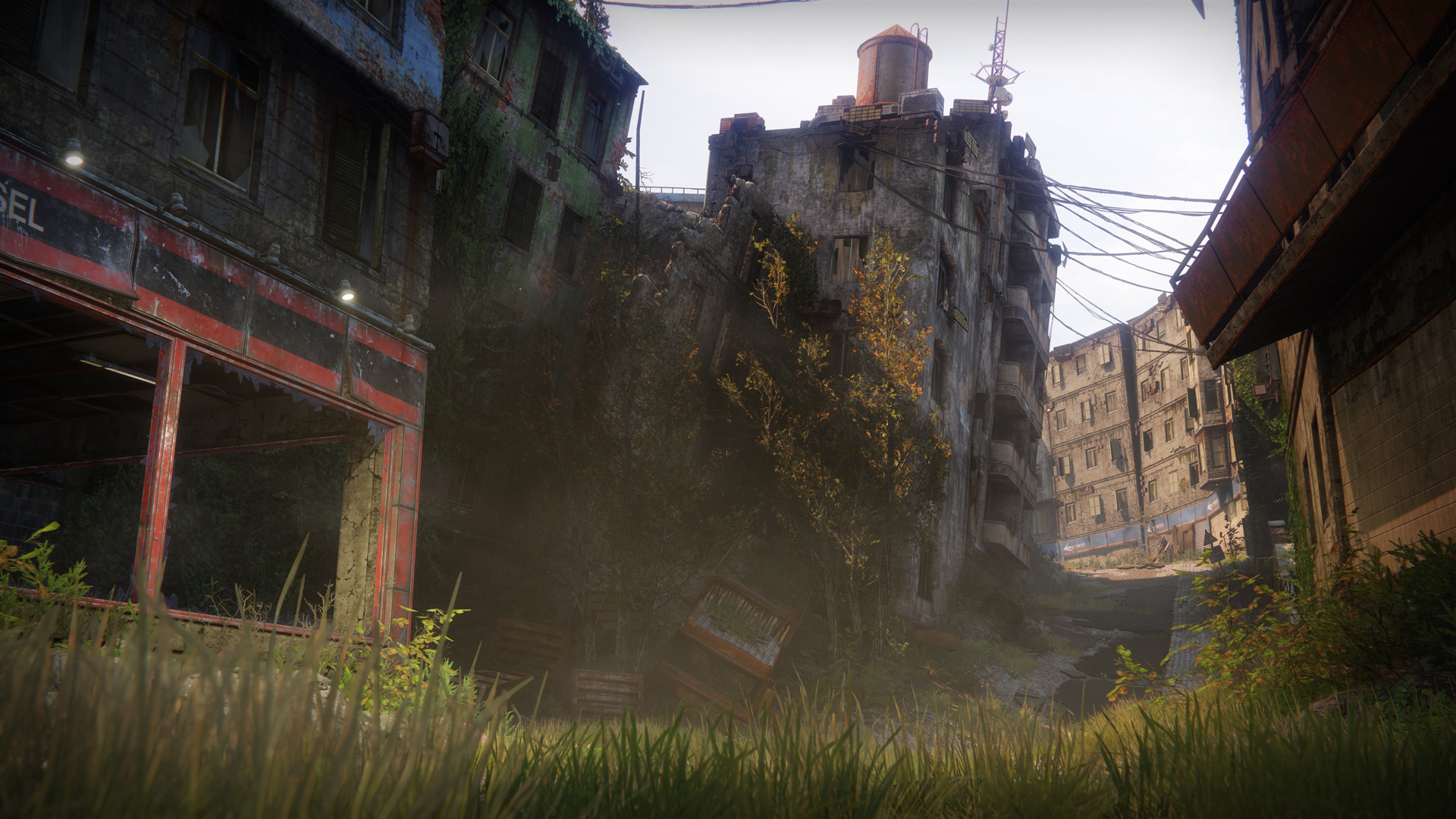
-
Destiny 2 EDZ Screenshots #4
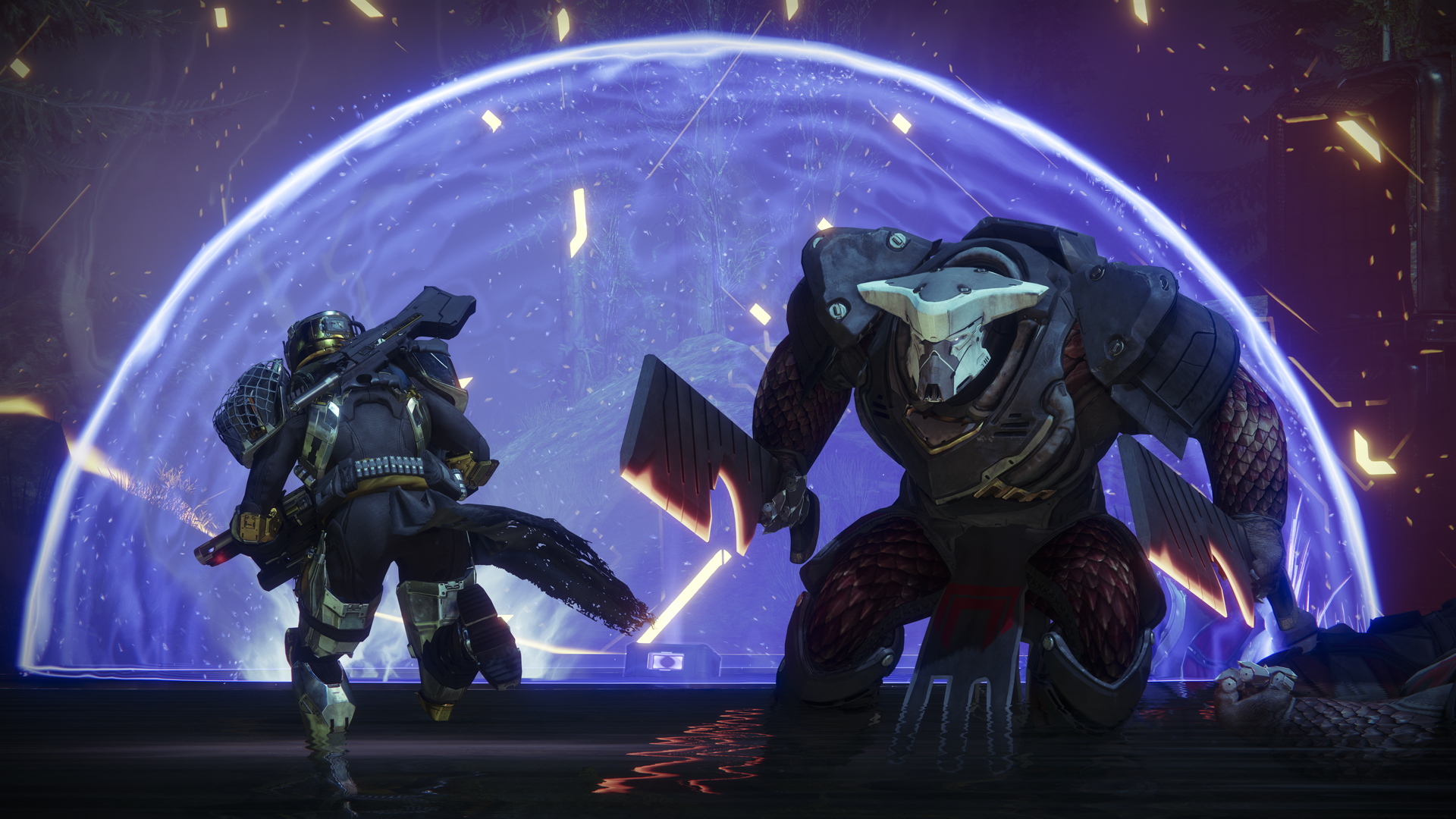
-
Destiny 2 EDZ Screenshots #5
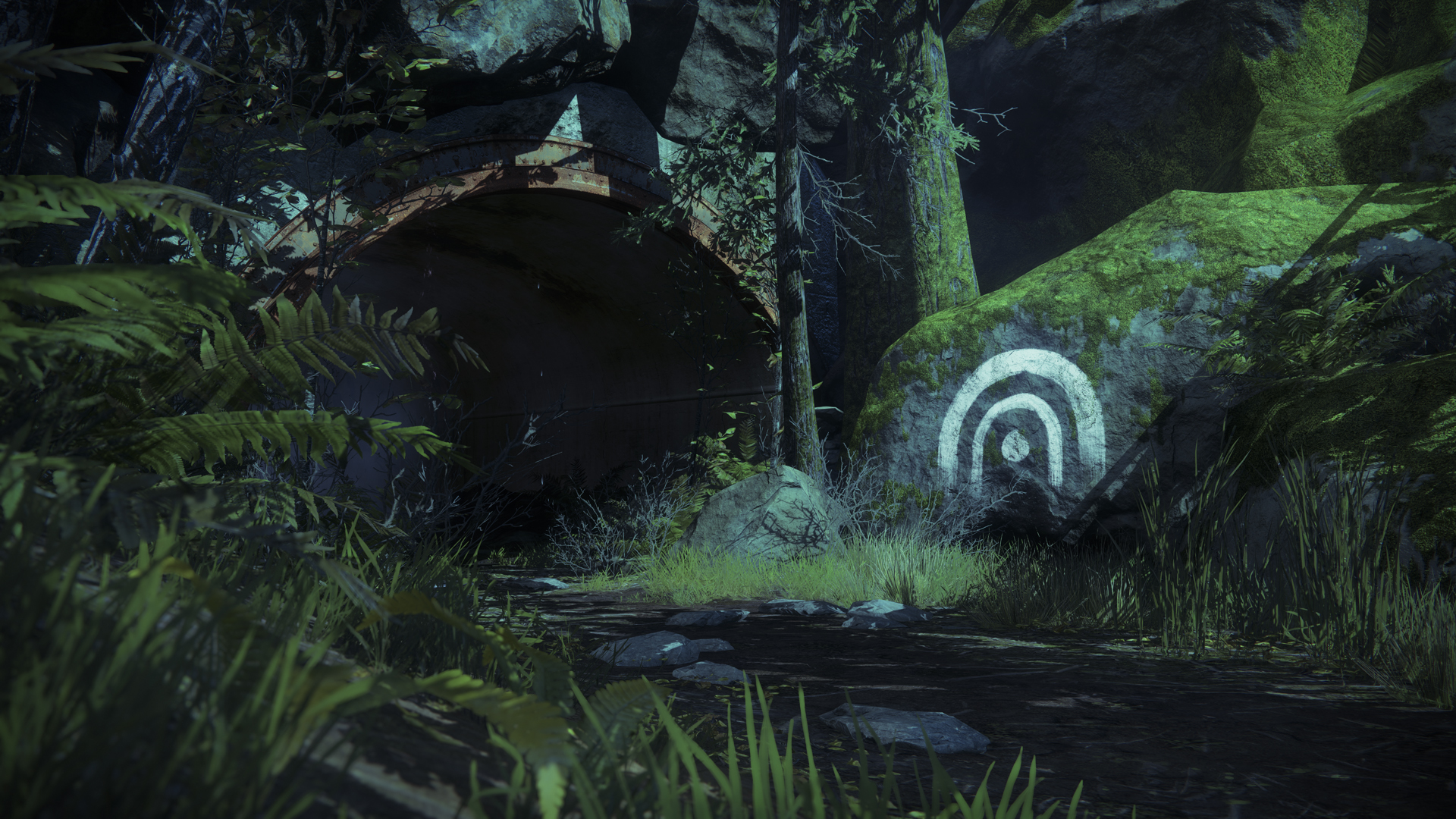
-
Destiny 2 EDZ Screenshots #6
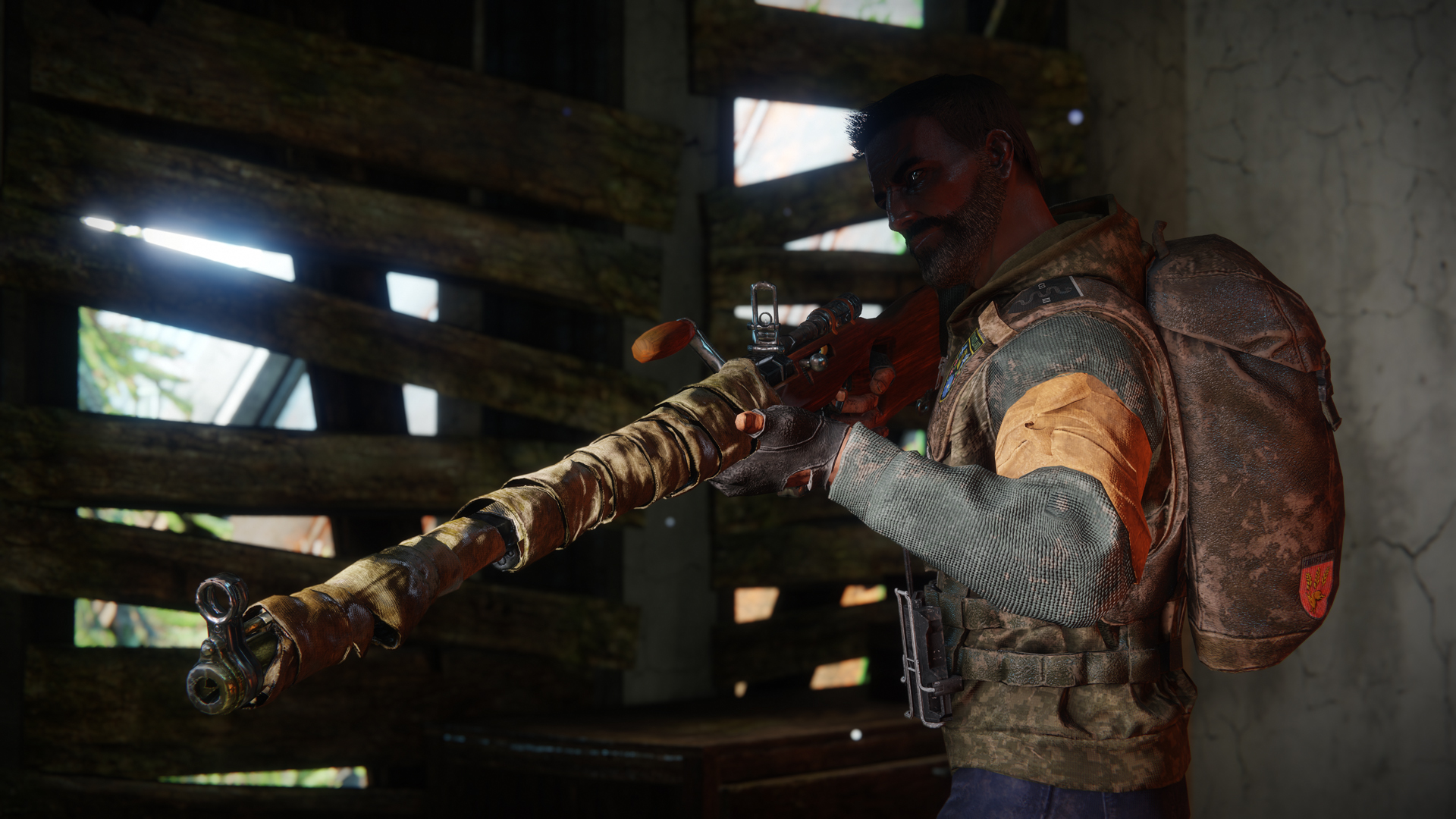
-
Destiny 2 EDZ Screenshots #7
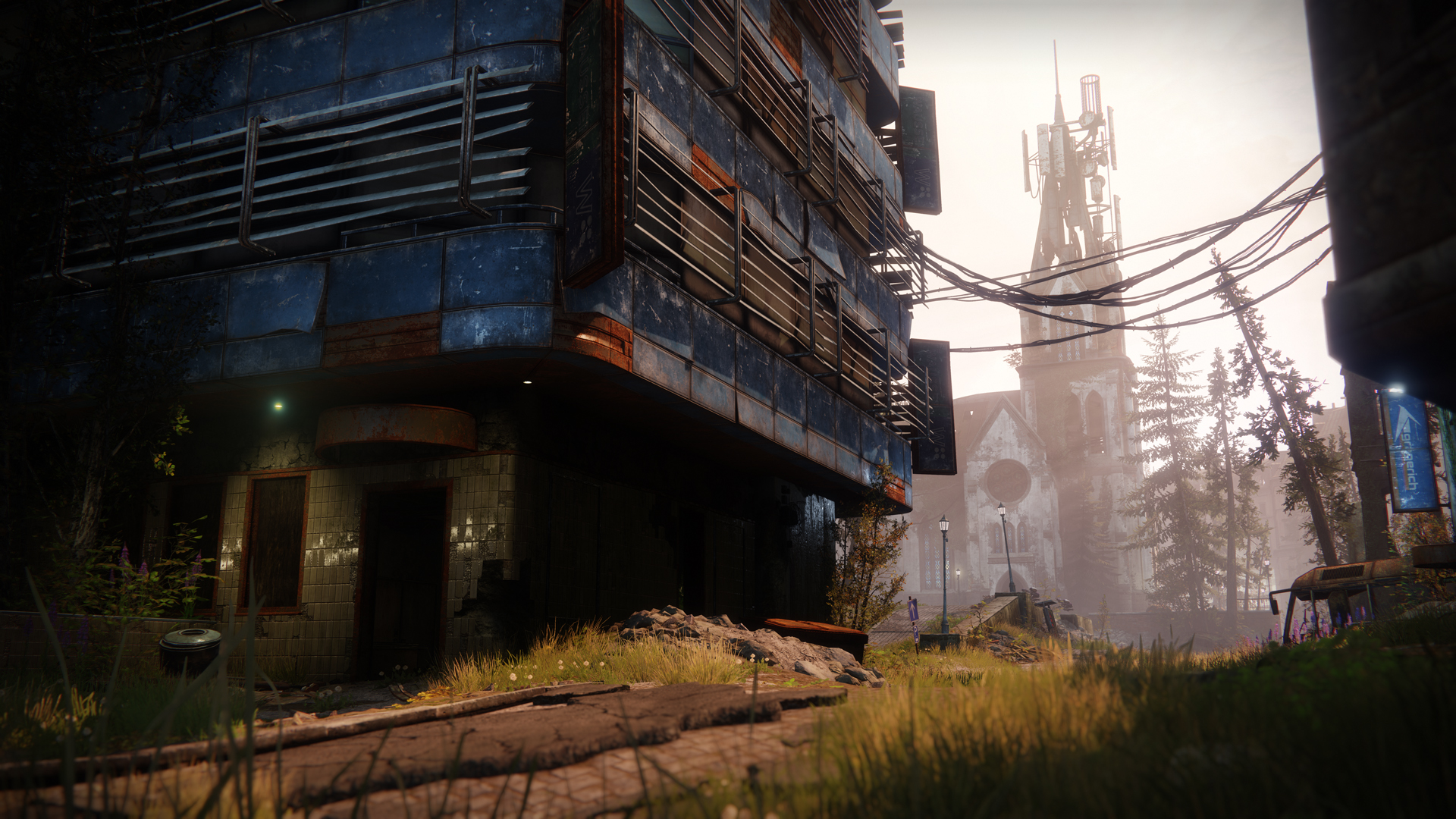
-
Destiny 2 EDZ Screenshots #8
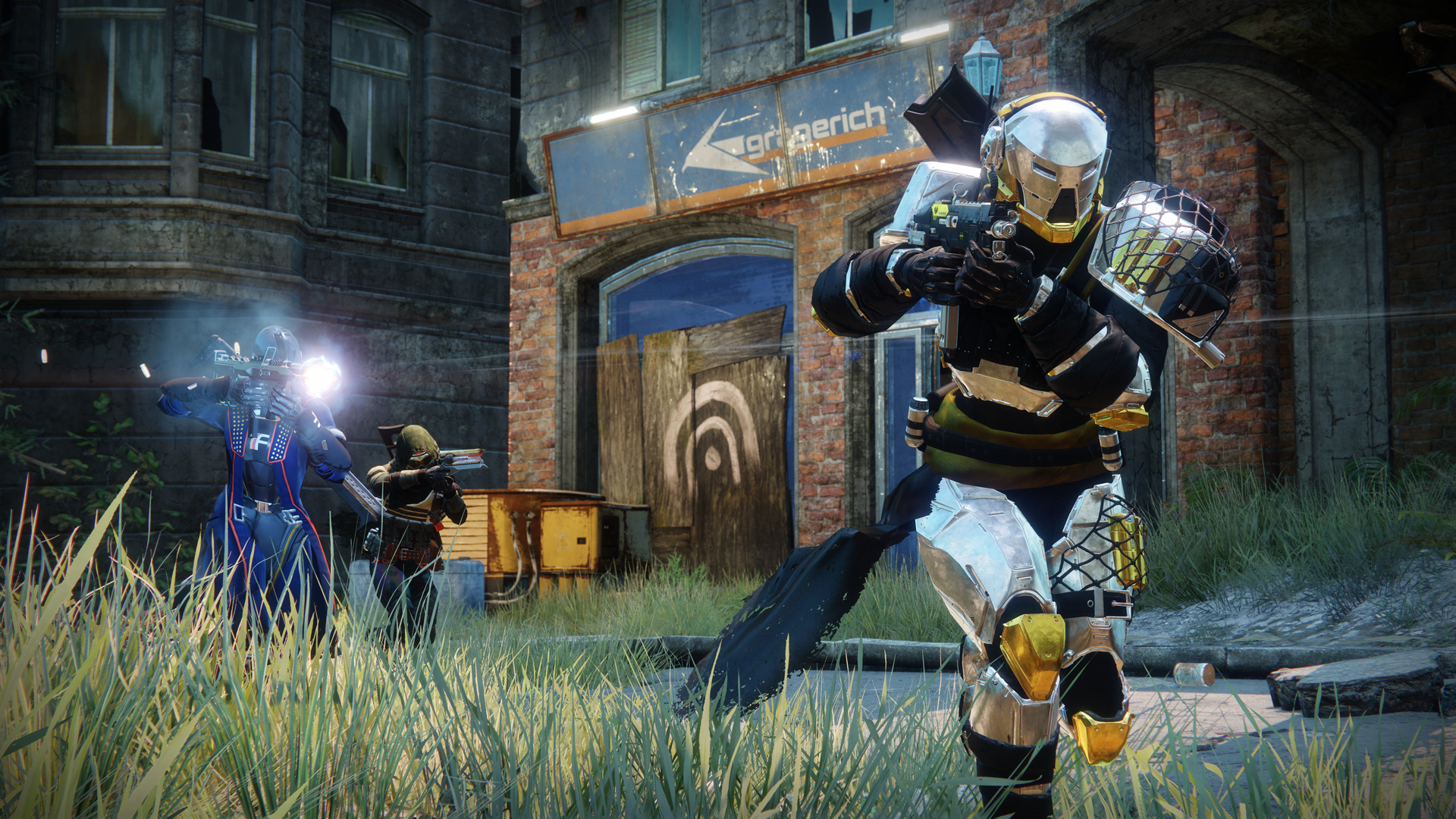
-
Destiny 2 EDZ Screenshots #9
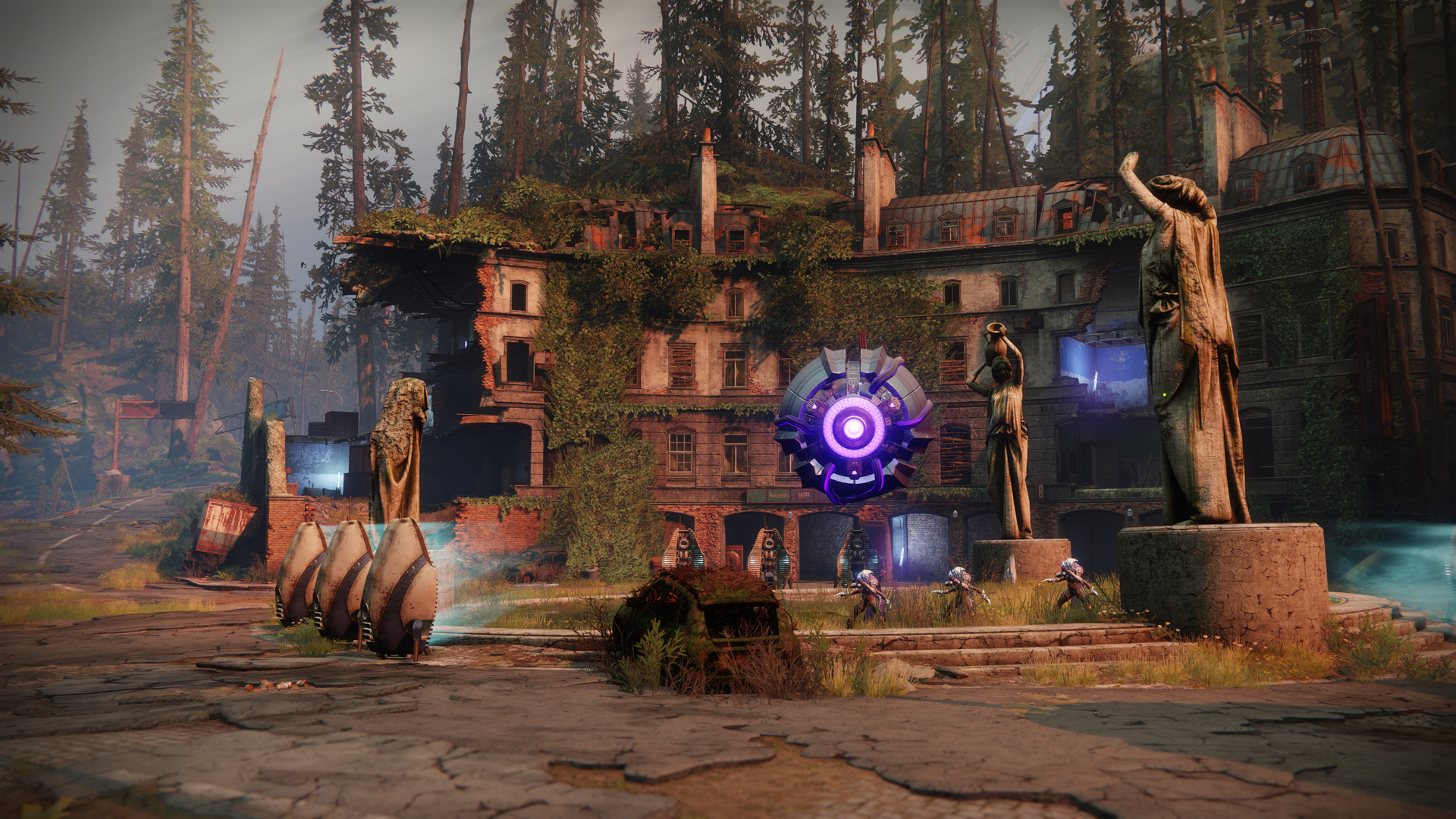
-
Destiny 2 EDZ Screenshots #10
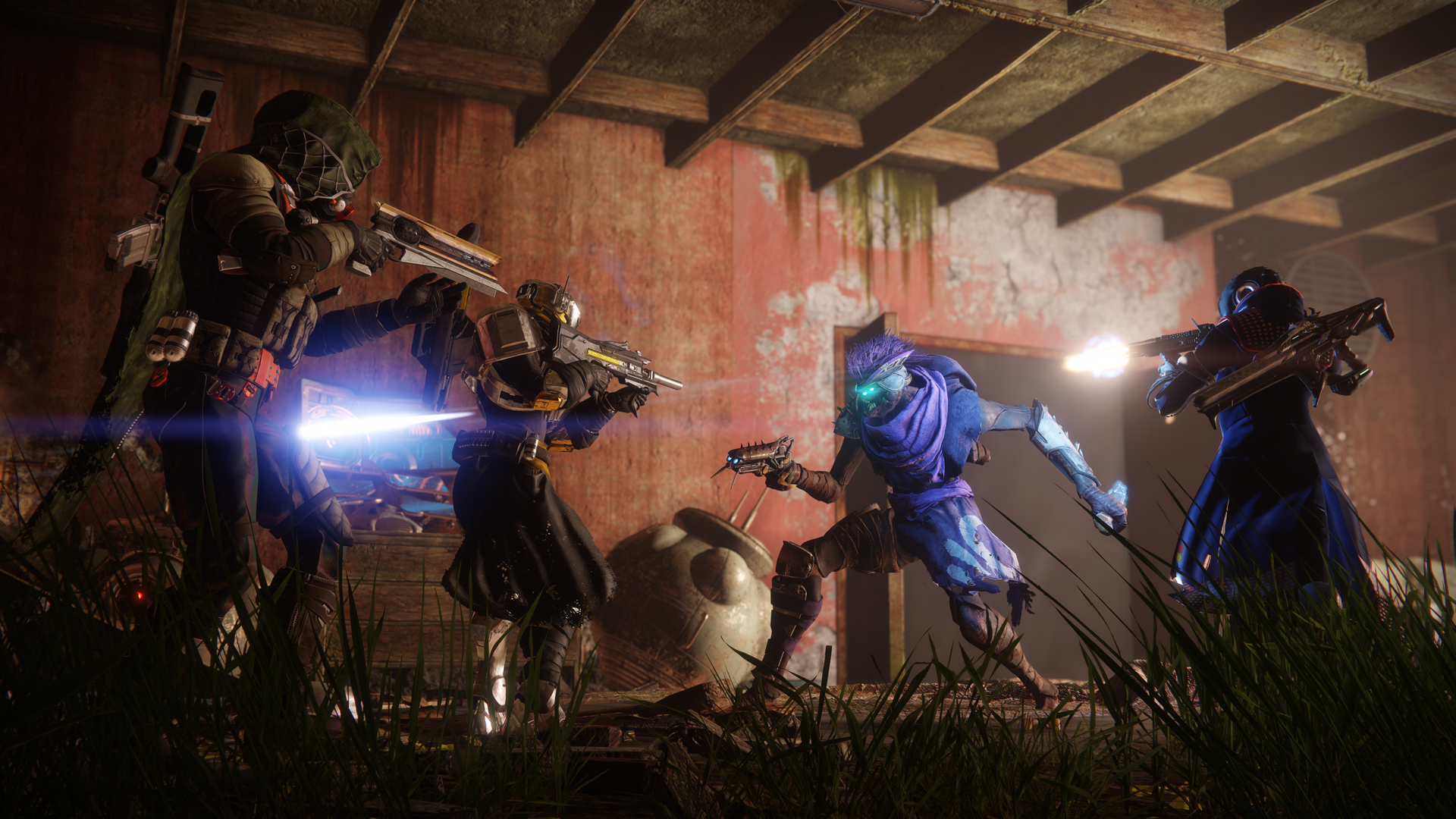
-
Destiny 2 EDZ Screenshots #11
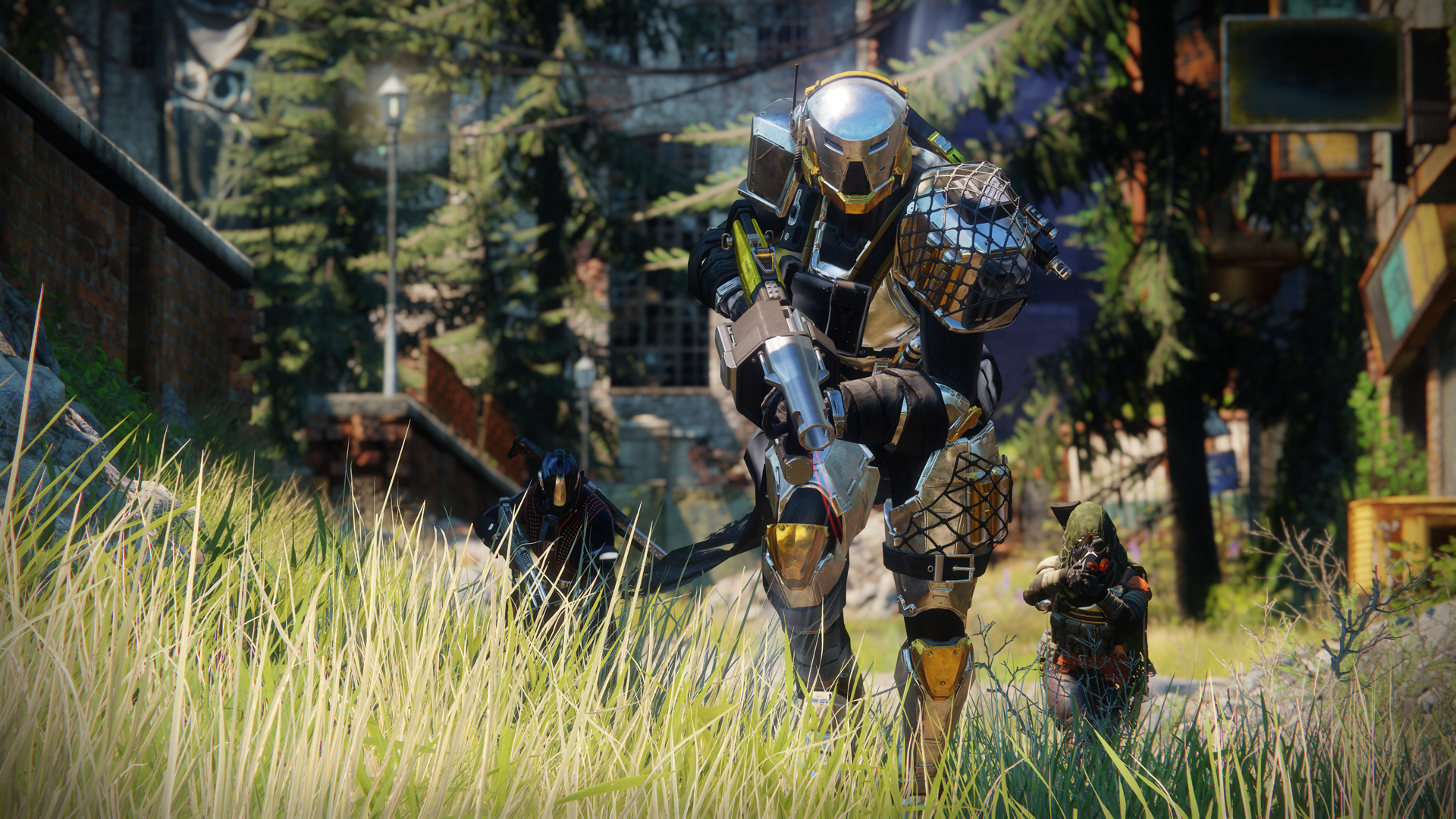
-
Destiny 2 EDZ Screenshots #12
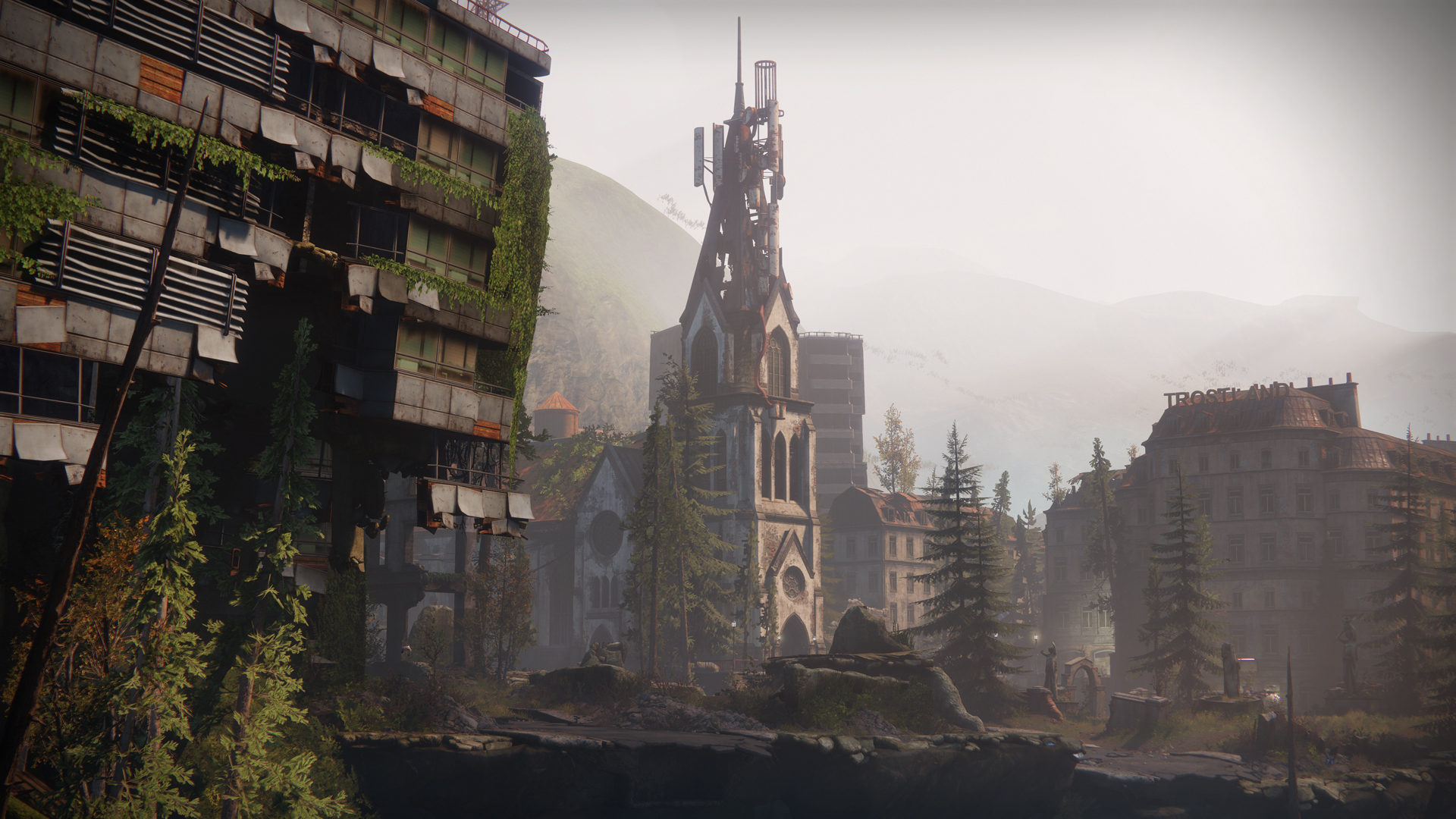
-
Destiny 2 EDZ Screenshots #13
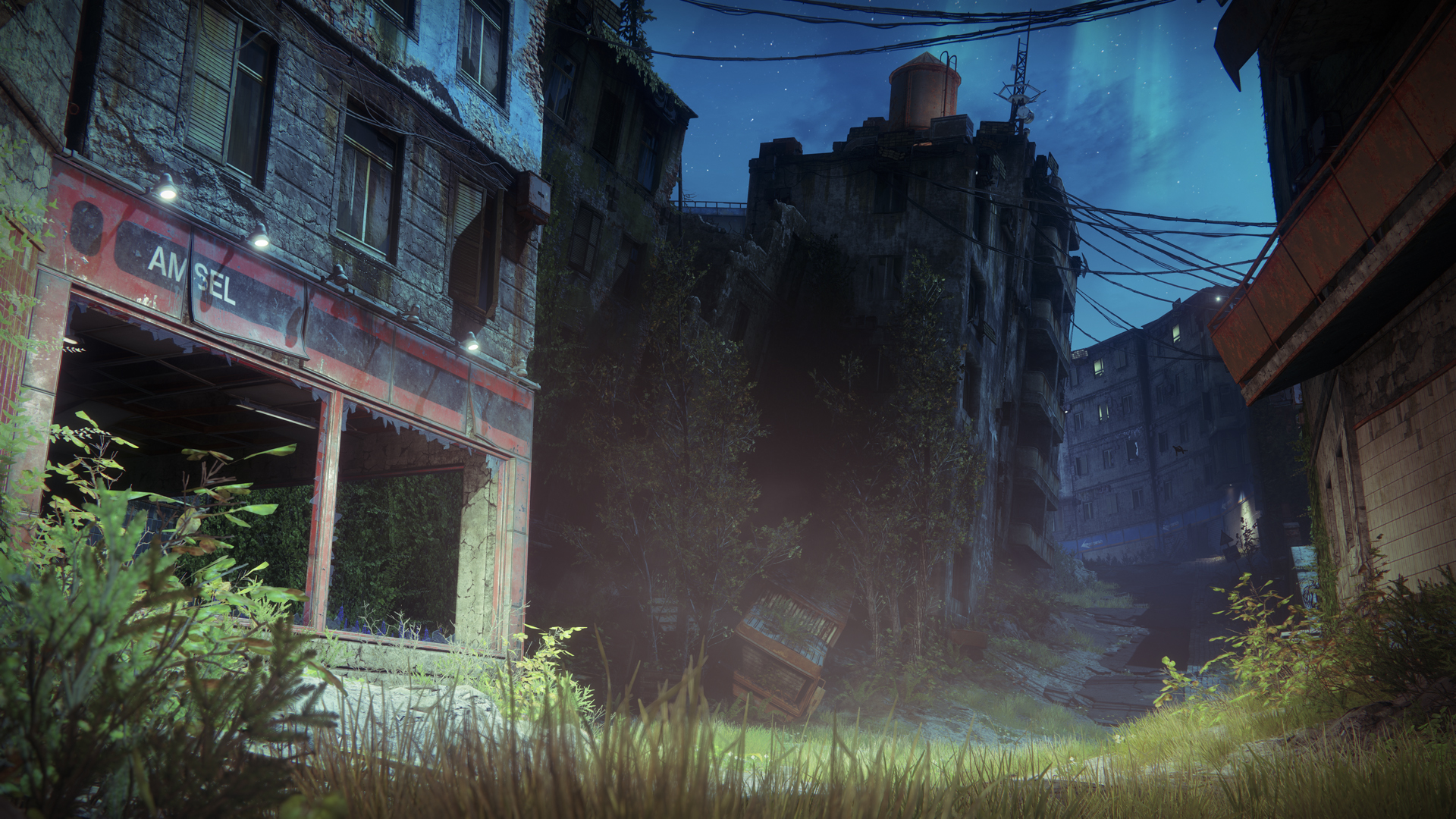
-
Destiny 2 EDZ Screenshots #14
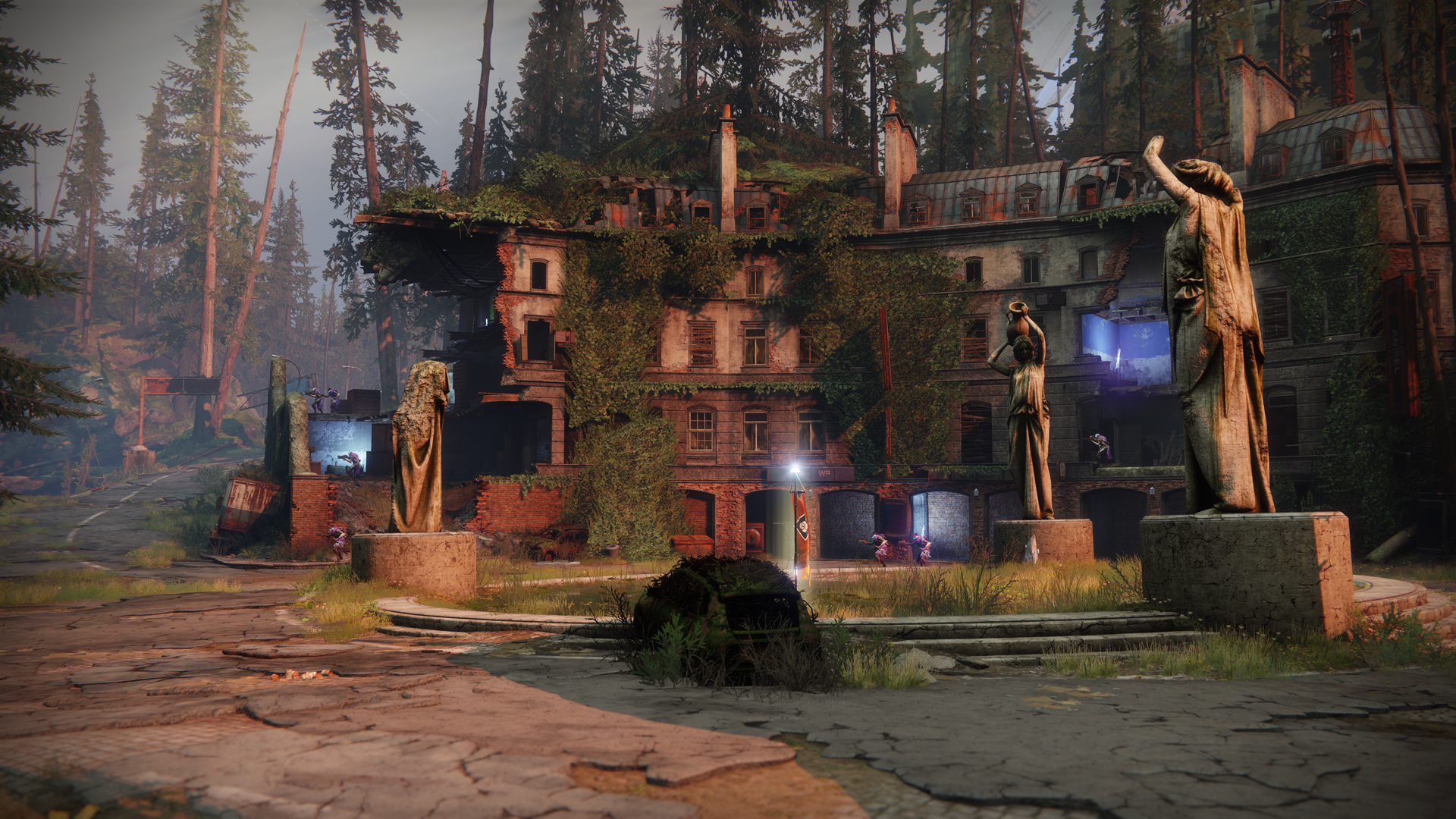
-
Destiny 2 EDZ Screenshots #15

-
Destiny 2 EDZ Screenshots #16
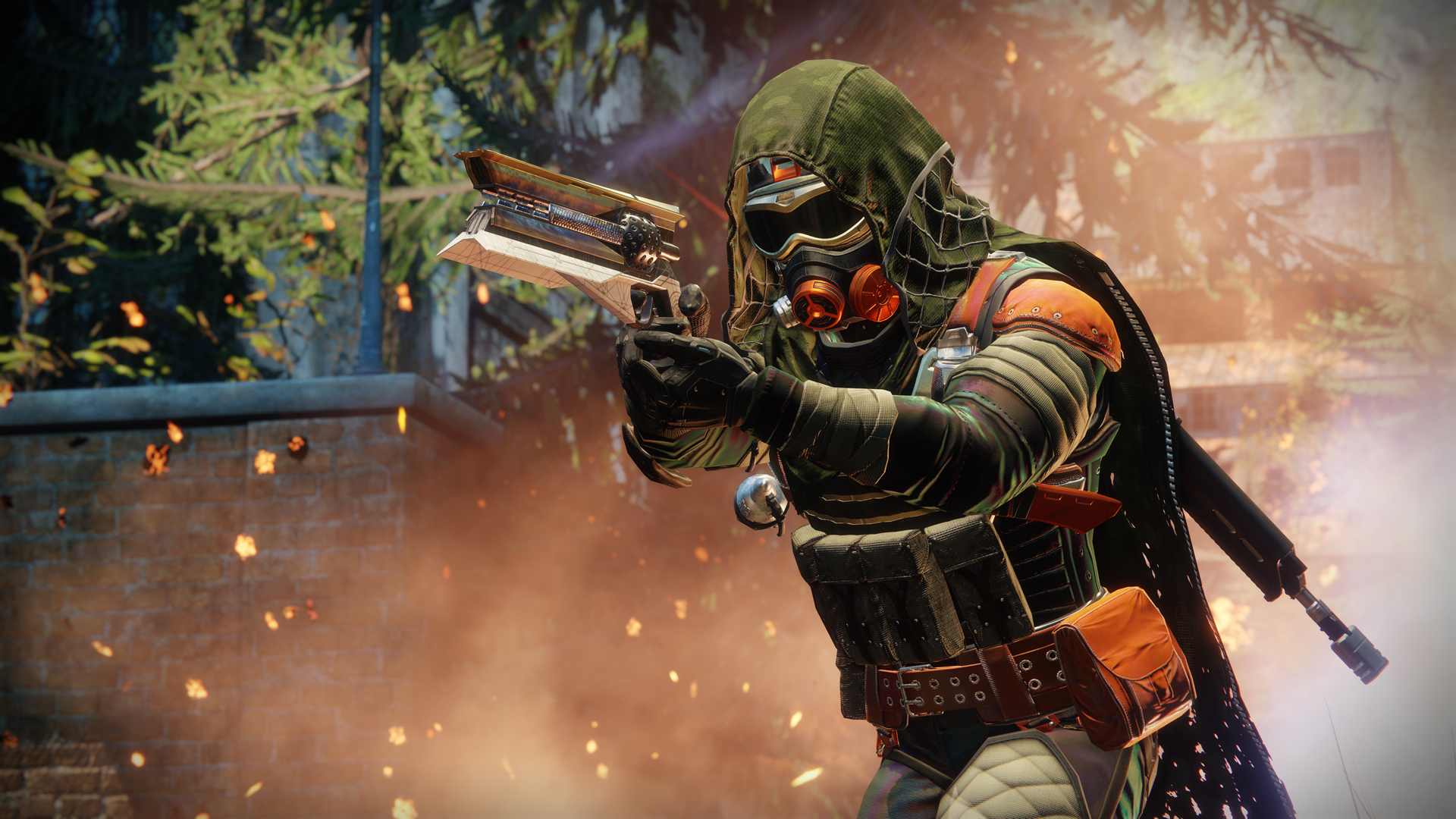
-
Destiny 2 EDZ Screenshots #17
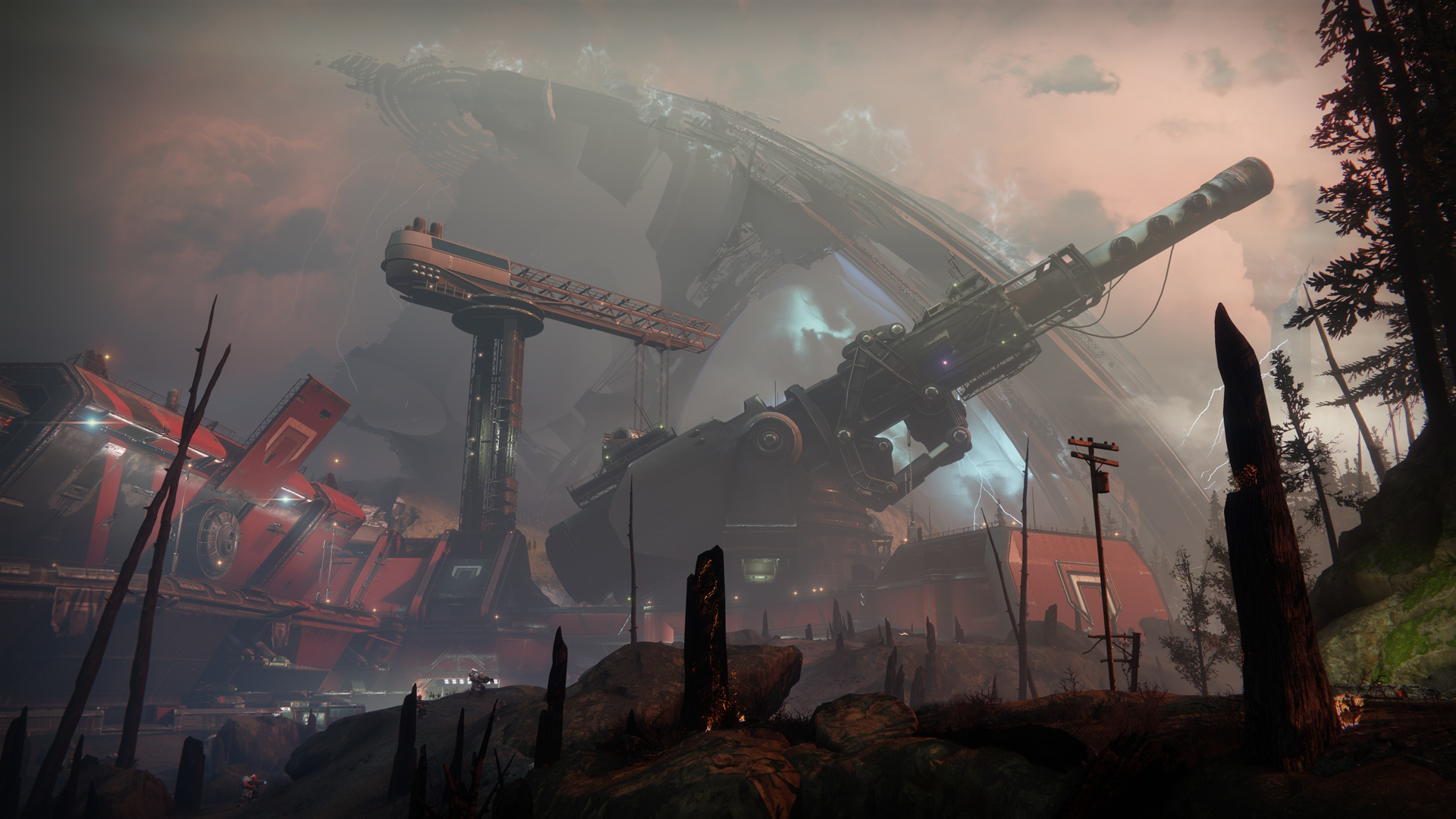
-
Destiny 2 EDZ Screenshots #18
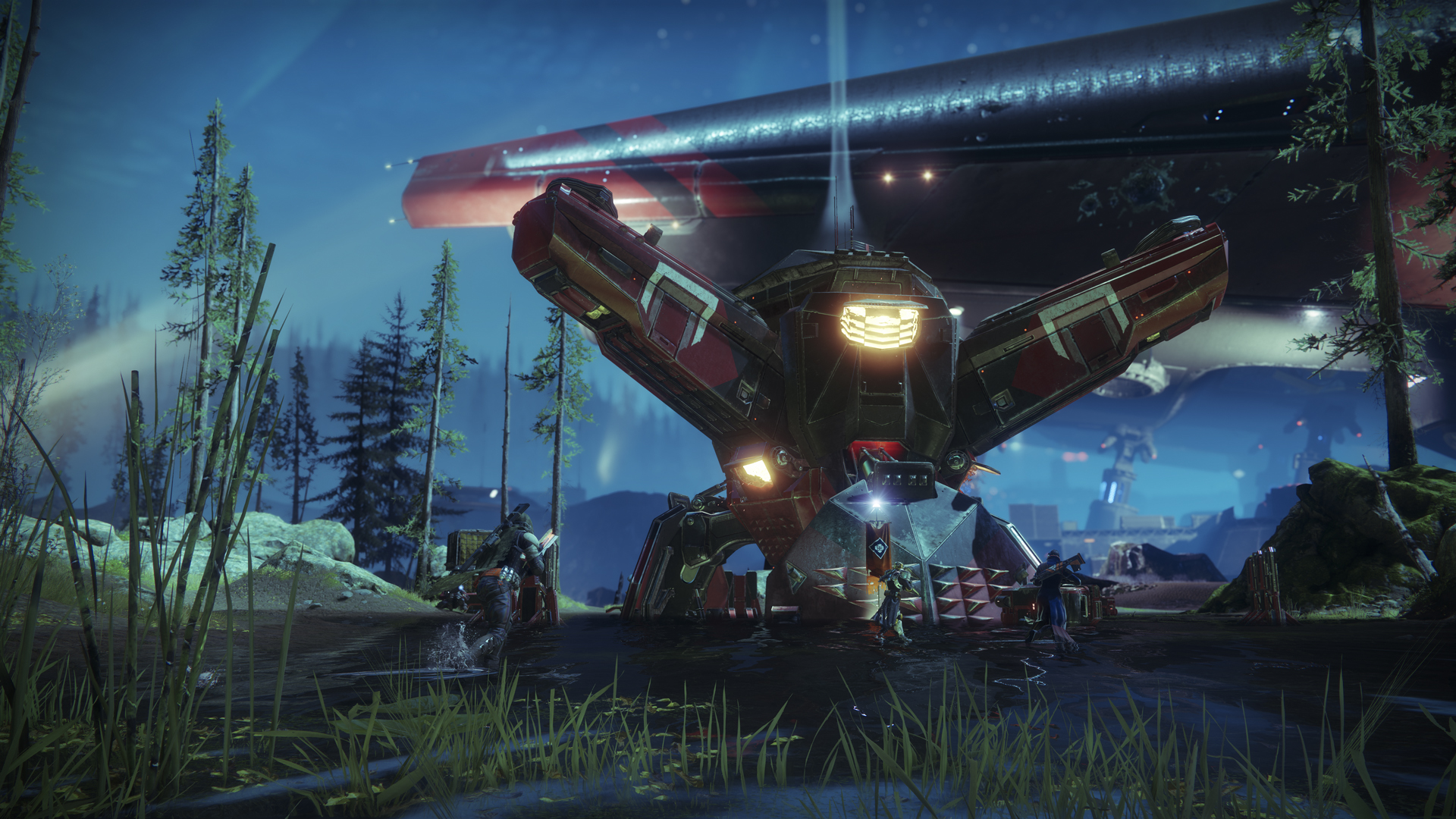
-
Destiny 2 EDZ Screenshots #19
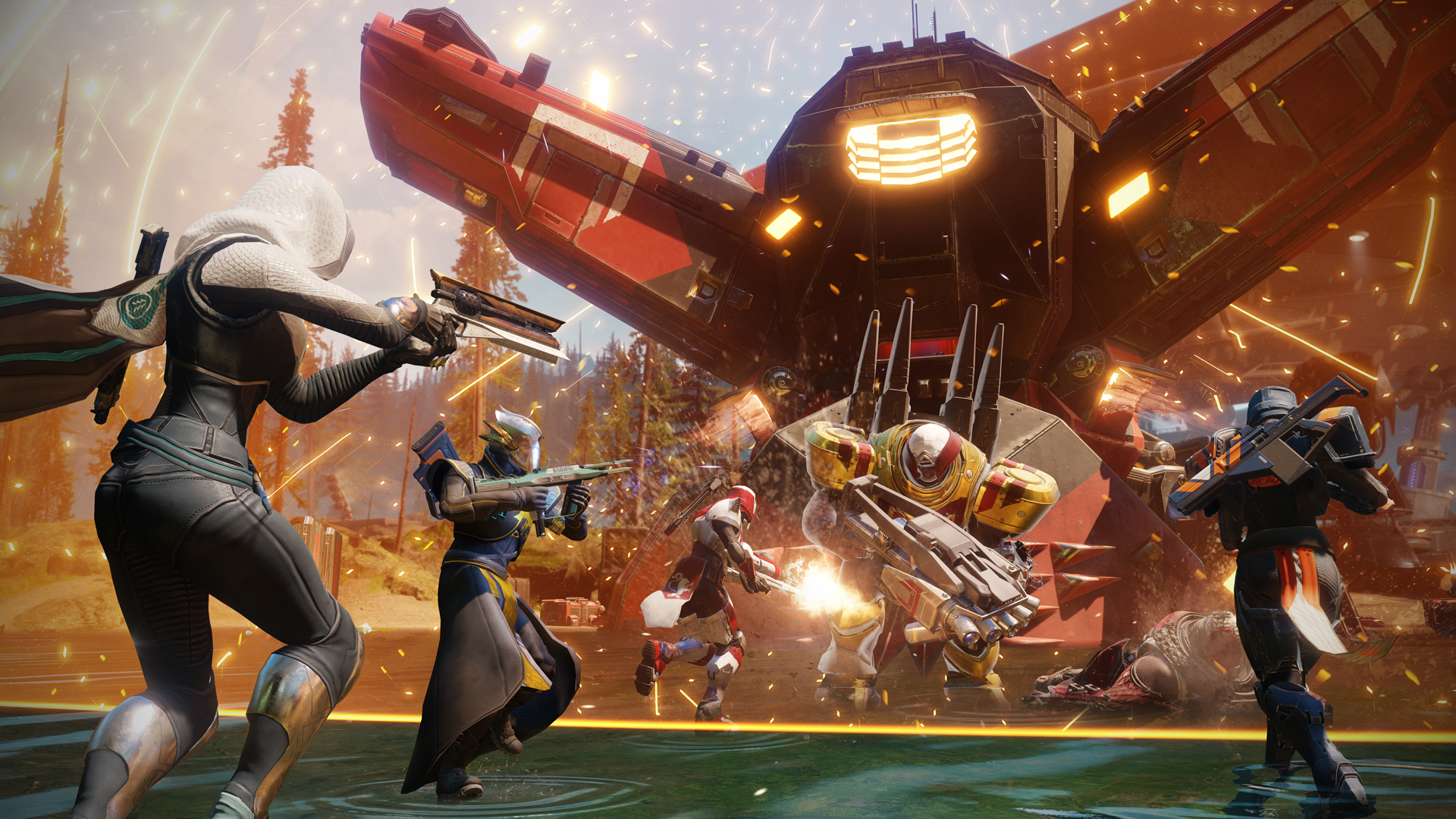
-
Destiny 2 EDZ Screenshots #20
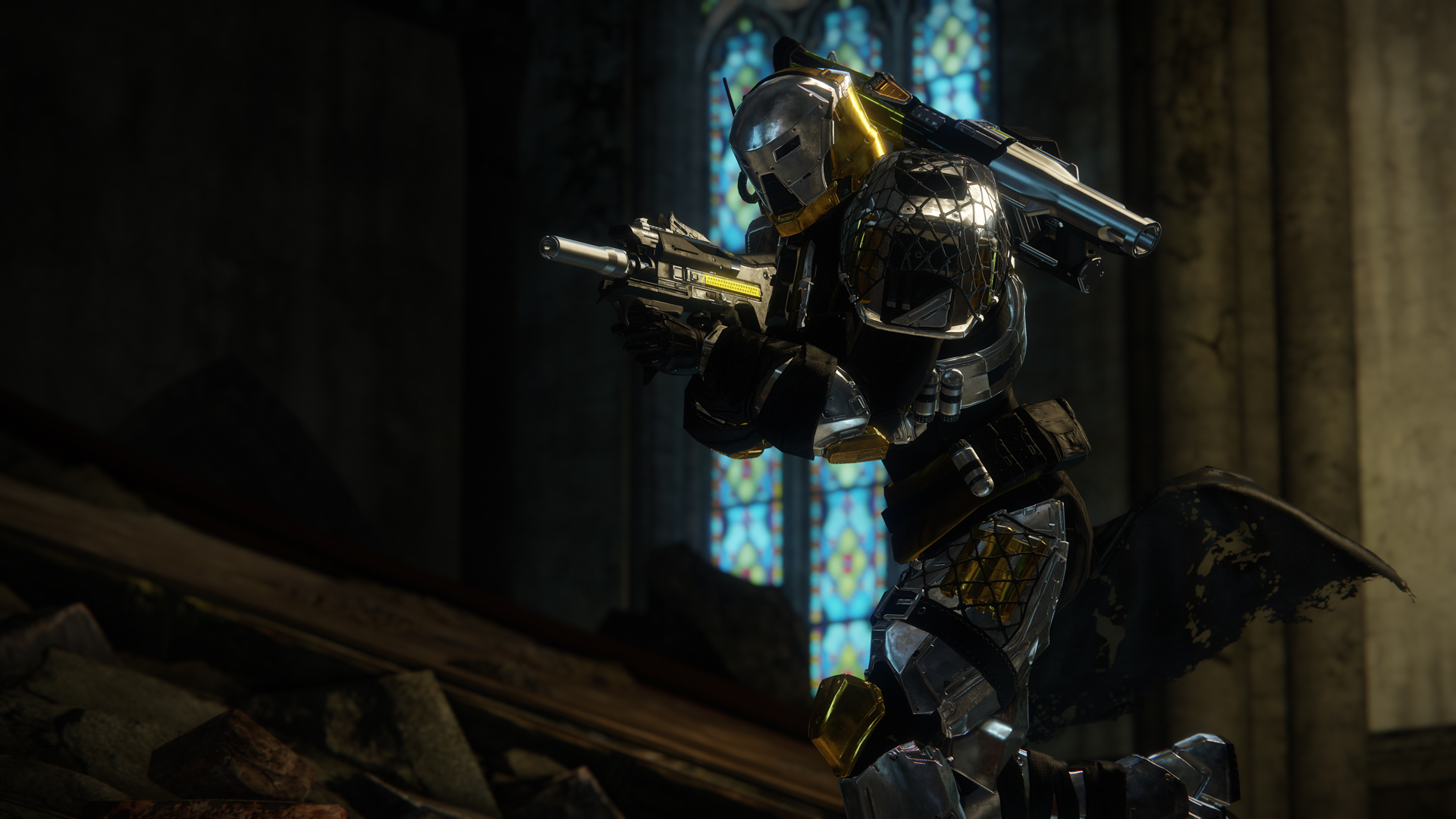
-
Destiny 2 EDZ Screenshots #21

-
Destiny 2 EDZ Screenshots #22
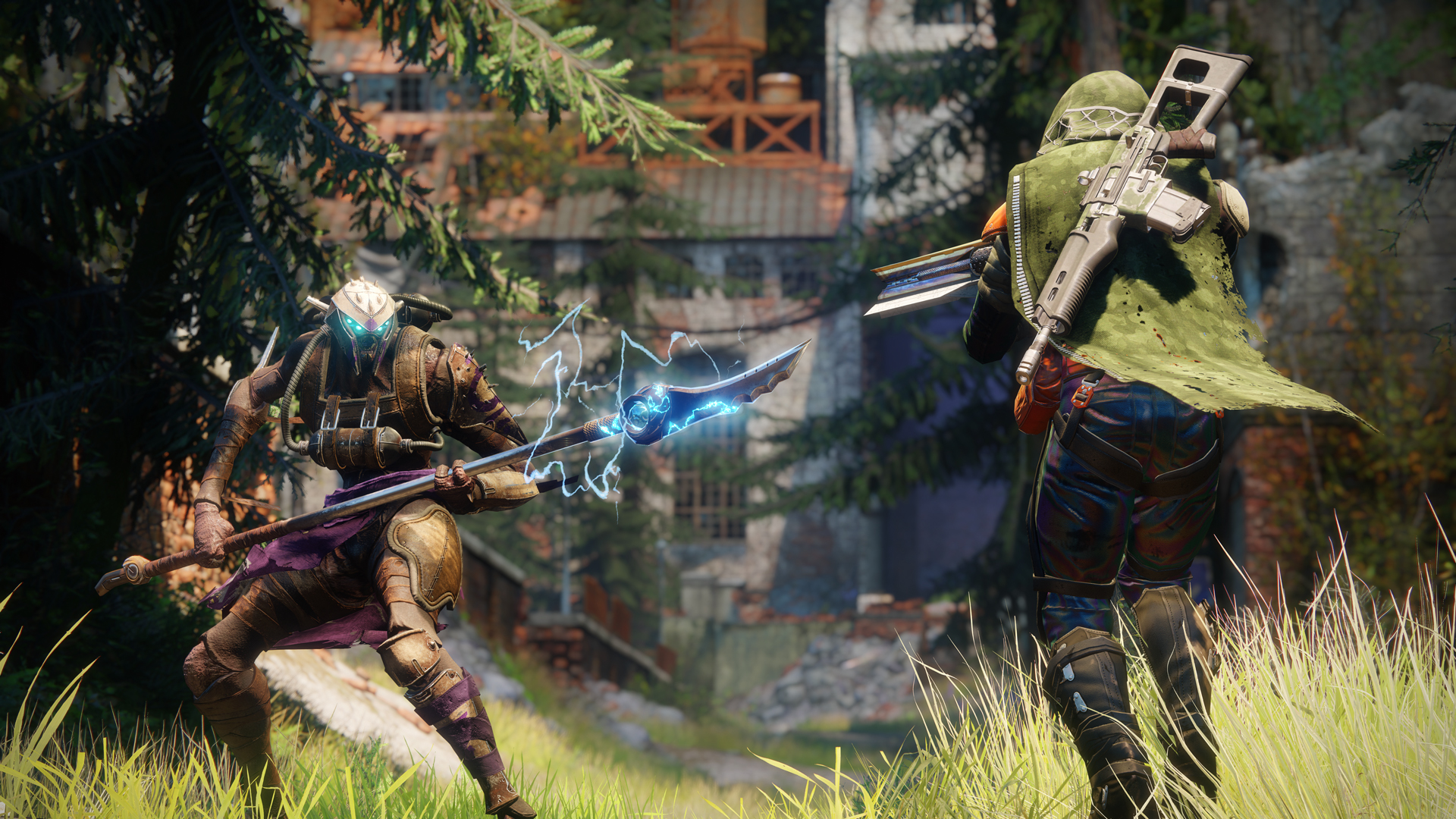
-
Destiny 2 EDZ Screenshots #23
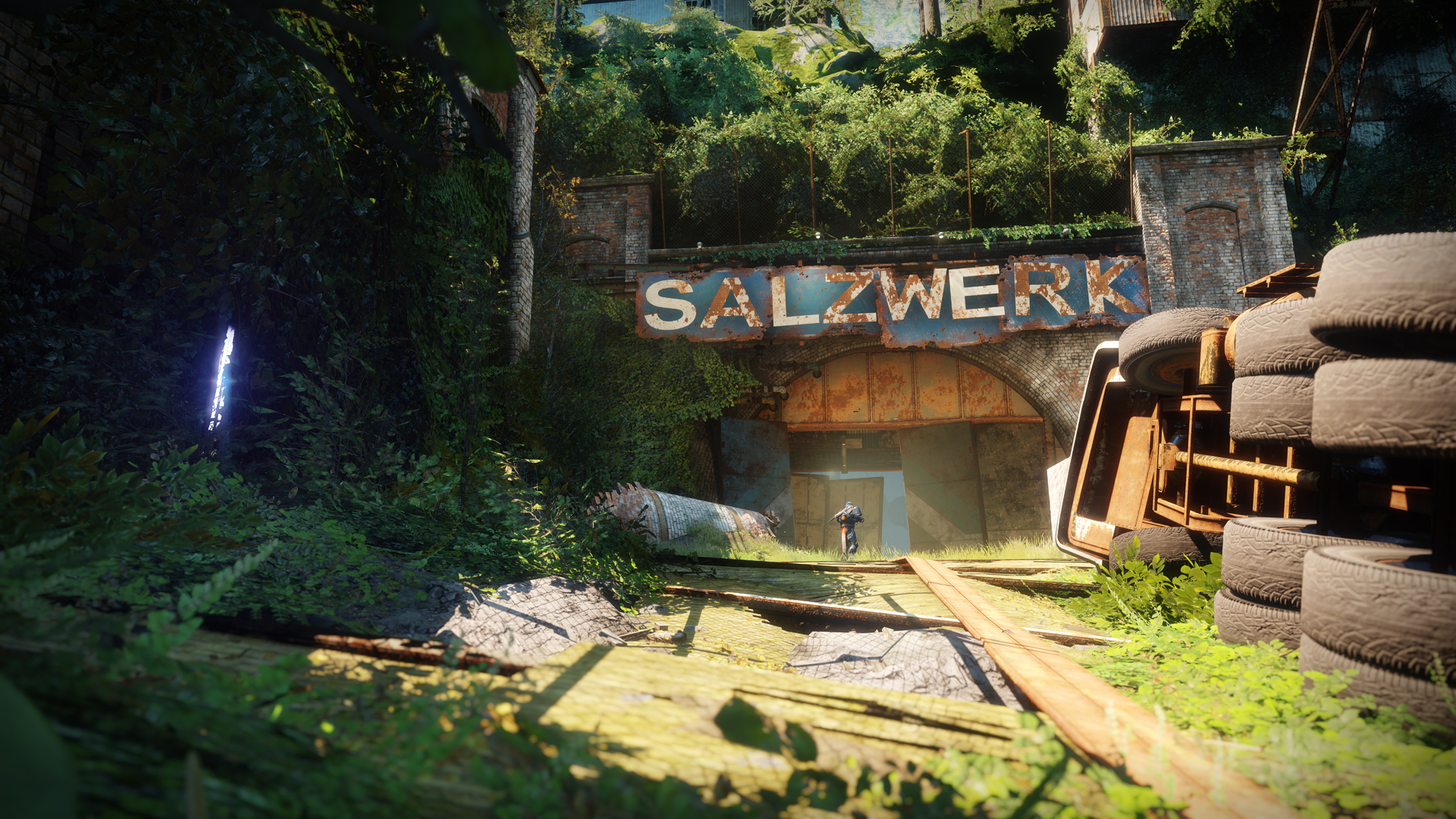
-
Destiny 2 EDZ Screenshots #24
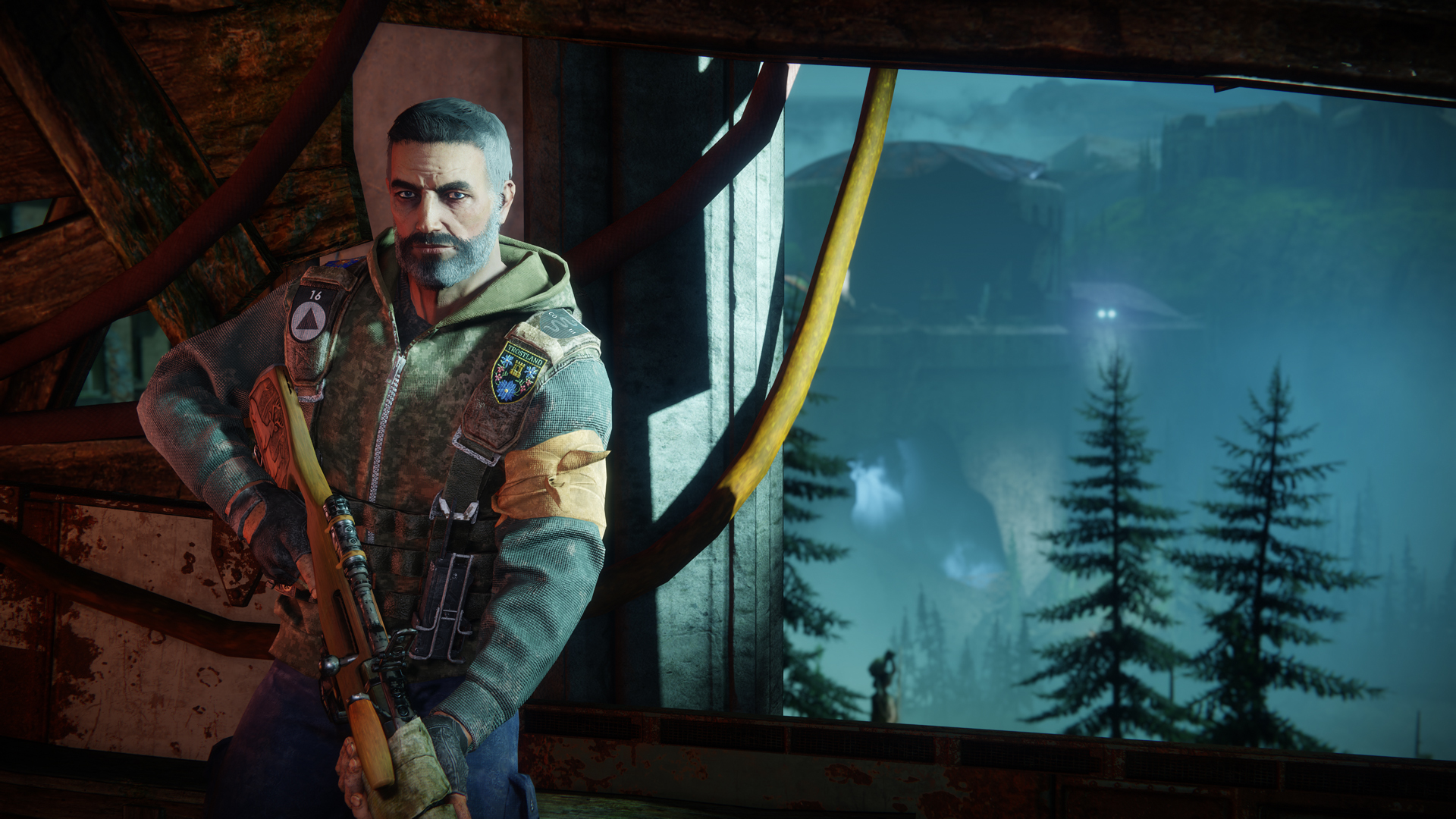
-
Destiny 2 EDZ Screenshots #25
